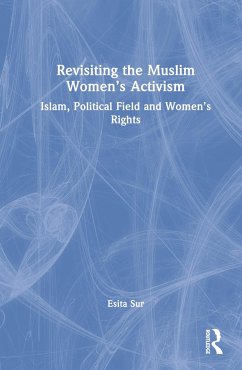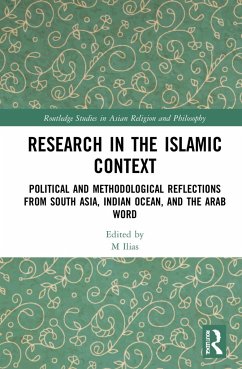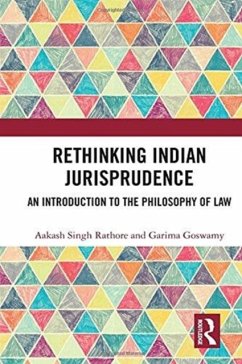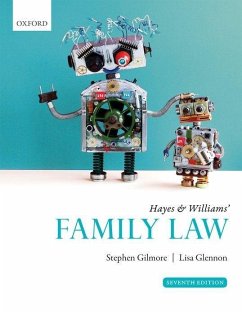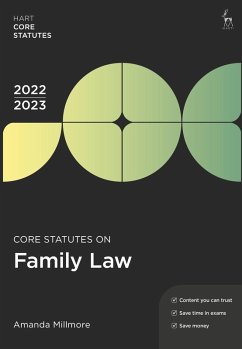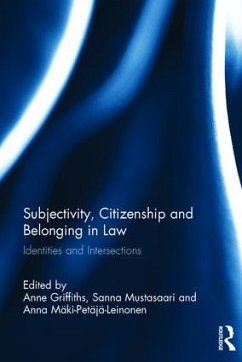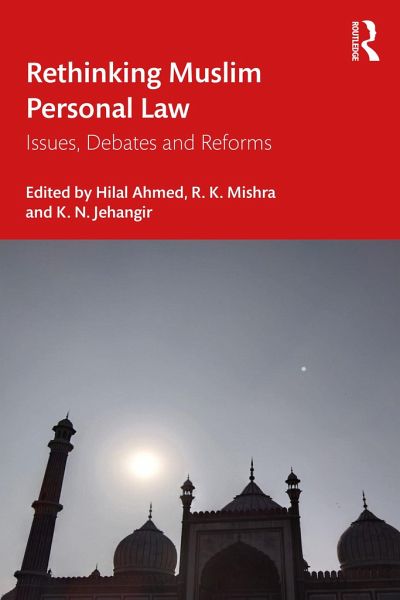
Rethinking Muslim Personal Law
Issues, Debates and Reforms
Herausgegeben: Ahmed, Hilal; Mishra, R. K.; Jehangir, K. N.

PAYBACK Punkte
21 °P sammeln!
This volume critically analyses Muslim Personal Law (MPL) in India and offers an alternative perspective to look at MPL and the Uniform Civil Code (UCC) debate. Tracing the historical origins of this legal mechanism and its subsequent political manifestations, it highlights the complex nature of MPL as a sociological phenomenon, driven by context-specific social norms and cultural values. With expert contributions, it discusses wide-ranging themes and issues including MPL reforms and human rights; decoding of UCC in India; the contentious Triple Talaq bill and MPL; the Shah Bano case; Sharia (...
This volume critically analyses Muslim Personal Law (MPL) in India and offers an alternative perspective to look at MPL and the Uniform Civil Code (UCC) debate. Tracing the historical origins of this legal mechanism and its subsequent political manifestations, it highlights the complex nature of MPL as a sociological phenomenon, driven by context-specific social norms and cultural values. With expert contributions, it discusses wide-ranging themes and issues including MPL reforms and human rights; decoding of UCC in India; the contentious Triple Talaq bill and MPL; the Shah Bano case; Sharia (Islamic jurisprudence) in postcolonial India; women's equality and family laws; and MPL in the media discourse in India. The volume highlights that although MPL is inextricably linked to Sharia, it does not necessarily determine the everyday customs and local practices of Muslim communities in India
This topical book will greatly interest scholars and researchers of law and jurisprudence, political studies, Islamic studies, Muslim Personal Law, history, multiculturalism, South Asian studies, sociology of religion, sociology of law and family law. It will also be useful to practitioners, policymakers, law professionals and journalists.
This topical book will greatly interest scholars and researchers of law and jurisprudence, political studies, Islamic studies, Muslim Personal Law, history, multiculturalism, South Asian studies, sociology of religion, sociology of law and family law. It will also be useful to practitioners, policymakers, law professionals and journalists.





